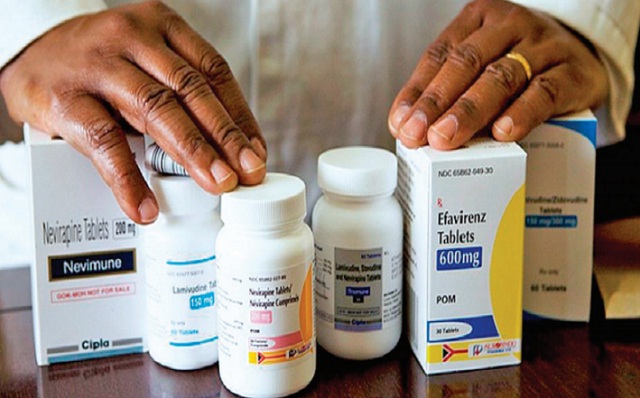
Kampala, Uganda | THE INDEPENDENT | HIV/AIDS activists in Kigezi sub region are demanding for biometrics registration of all People Living with HIV/Aids already on treatment for easy management. According to the 2017 Uganda Population HIV Impact Assessment, the HIV/AIDS prevalence in Kigezi sub region stood at 7.9 percent.
However, activists argue that most of those on treatment have a habit of registering different identities whenever they visit different medical facilities for treatment, which makes it difficult to monitor their status by health workers and counselors.
Eunice Kabagambe, a counselor at Kambuga Hospital in Kanungu district, says they have registered several cases where People Living with HIV/Aids register to receive drugs and counseling services but after some months they go to other health facilities and register again using different names.
As a result, they are given treatment which doesn’t correspond with their current medicine since they don’t present their medical records. According to Kabagambe, says this affects their planning for People Living with HIV/Aids.
Kabagambe says that the only solution for this problem is to register all People Living with HIV/Aids using digital fingerprinting. She says some of the victims have died due to failure to adhere to the treatment as a result of changing from one health facility to another.
Alice Kasisi Babihuga, the Rukungiri District Health Educator who also doubles at the District HIV Focal Person, says they have registered many cases of People Living with HIV/Aids changing names whenever they change health facilities.
Kasisi says this makes it difficult for health workers to determine exact type of drugs to give them. He backs the proposal to use biometrics registration to help ease monitoring all people on HIV treatment since the information can easily be traced.
Syrus Habyarimana, the Seventh Day Adventist Church Priest in charge of Busanza zone in Kisoro district, says it is very unfortunate for People Living with HIV/Aids to register in different health facilities using different names.
He says their efforts as religious leaders to sensitize People Living with HIV/Aids against the practice have failed to yield results.
Lillian Tatwebwa, the In-Charge of Advocacy and Communication for the National Response in Uganda AIDS Commission, says this problem isn’t unique to Kigezi sub region but its nationwide.
According to Tatwebwa, People Living with HIV/Aids shift from one health facility to another and change names due to stigma. She explains that most People Living with HIV/Aids shift from one health center to another to receive drugs after realizing that that they have either been identified by their friends or mastered by health workers.
Tatwebwa says that there is need for compressive counseling for all People Living with HIV/Aids to stop this practice, which disrupts their treatment. She says the proposal to use biometrics registration isn’t possible because it may infringe on the privacy of the patients.
She says government through the Health Ministry is considering creating software, which only requires the clients to insert private codes to help track their records.
*****
URN
 The Independent Uganda: You get the Truth we Pay the Price
The Independent Uganda: You get the Truth we Pay the Price


